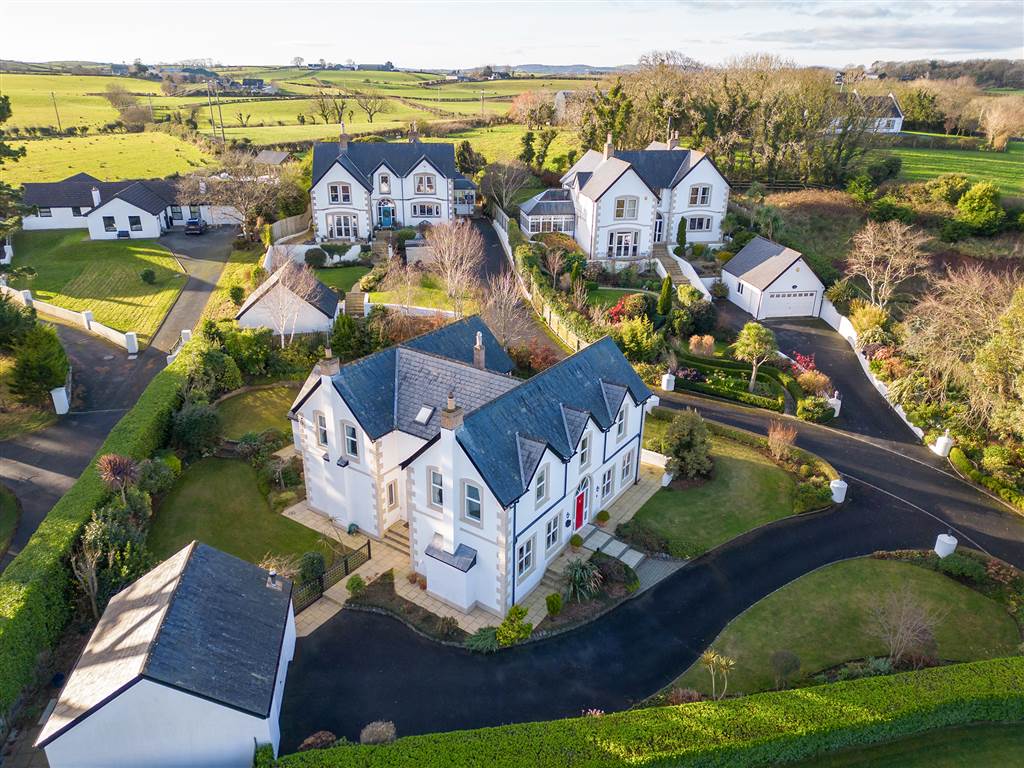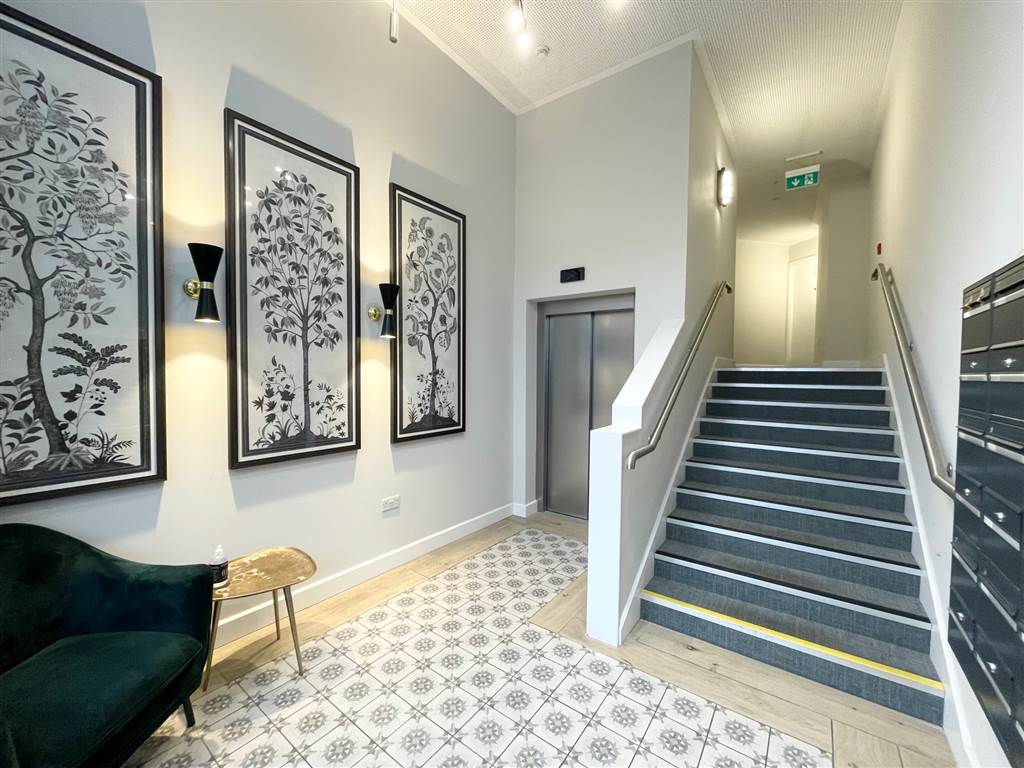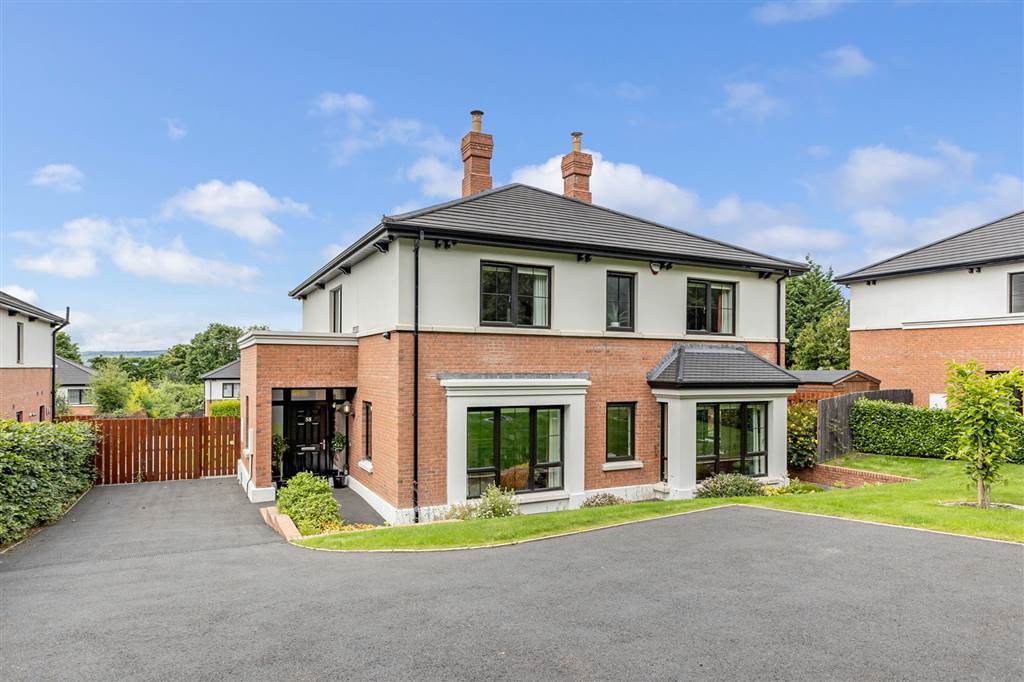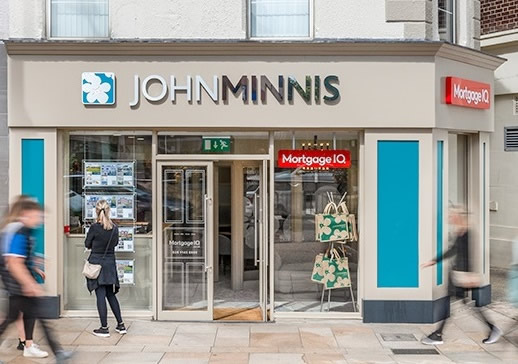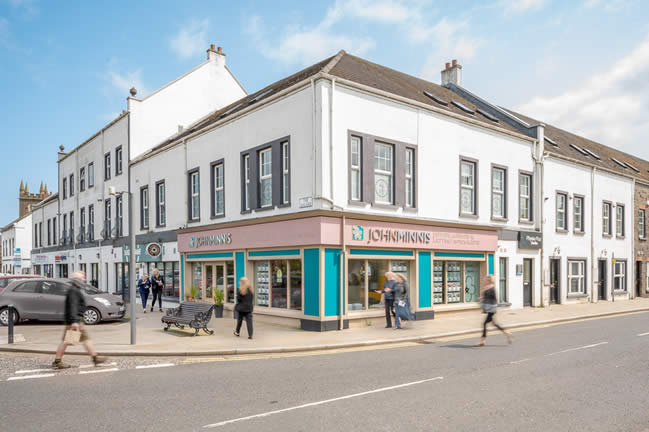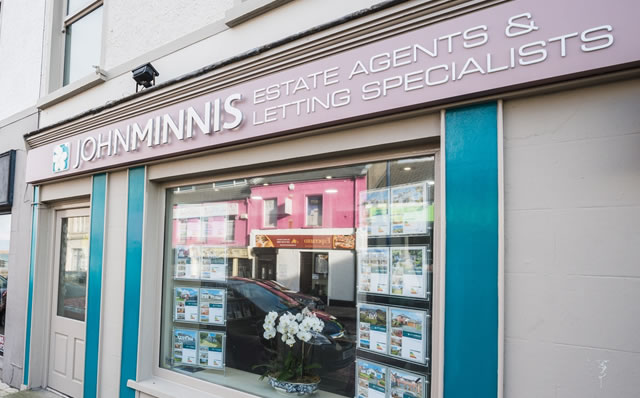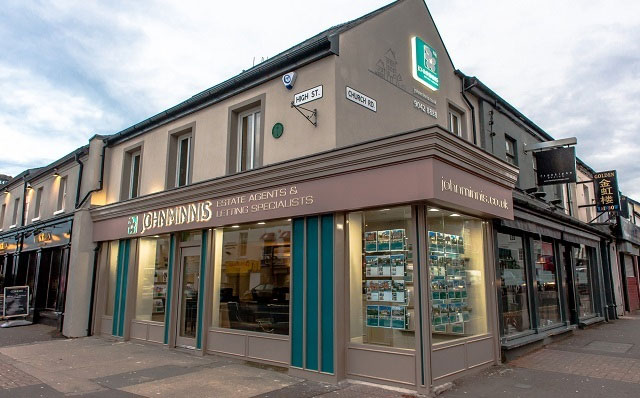So, What is Return on Investment (ROI)?
The ROI measures how profitable or efficient an investment is and it can be used to compare a number of different investments. ROI can be used to calculate the profitability of bonds, investment stocks, savings accounts or buy-to-let property, amongst others.Calculating ROI on a buy-to-let property can prove more difficult as there can be many external variables, especially when it comes down to how an investor is paying for the property.
To break it down, return on investment (or ROI) will basically tell you how much money you will make or lose on an investment.
It will help to identify whether that investment is worthwhile.
The Importance of ROI for the Rental Market
Before you start investing, no matter which area you decide to invest in, you first have to do calculations to ensure that it is profitable.Ultimately, you don't want to lose money.
If you are lending money from a bank, they will want to see that you have done your research and it is a worthwhile investment. Calculating the ROI will help you to become a more informed investor.
Firstly, consider the following points:
- How much is the property?
- What is the monthly rent for this type of property in the area?
- Will you have to make any improvements to the property?
- What are the monthly outgoings for the property? (e.g. monthly mortgage payments, bills)
- Will you be instructing a letting agent to manage the property?
Once you have established those factors, you can determine the potential return from your investment. It can also help you calculate the point a property will become profitable if you have had to make a large investment, to begin with.
The ROI can be the make or break of whether you invest in a property or not, so don't leave your calculations too late!
Calculating ROI on Rental Properties
ROI is a profitability ratio. This is why it is often represented in percentage terms, which can seem quite daunting to calculate at first.To calculate what the ROI is as a percentage, firstly you need to calculate what your annual rent income is. This is after mortgage payments, any bills, operating expenses, management fees, repairs etc.
Then, divide that number by the amount of cash that was used for the investment. This would be classed as a deposit and not the mortgage amount, if you have undertaken finance.
Finally, multiply by 100 to get the ROI percentage, and there you have the final figure.
To break it down, the simplest way to calculate the ROI on a buy-to-let property is to:
- Calculate your annual rent income after an expenditure
- Divide that by the amount of cash invested in the property.
- Multiply by 100.
Calculating ROI with a Mortgage
You may be in the lucky position to choose whether you buy your rental property in cash or take out a mortgage on the property. If you decide to go down the finance route, you usually need a 25% deposit as a minimum.If you decided to buy a property that was worth £100,000 and you chose to buy a property using a mortgage, you would likely put down a 25% deposit of £25,000.
Using those figures, the calculations may look a little like this:
Annual rent: £6,300
Annual costs: £3,500
Net annual profit : £2,800
Purchase price: £100,000
Mortgage used: £75,000
Cash invested: £25,000
ROI is the net annual profit of (£2800) divided by your cash invested (£25,000) x 100 = 11.2%
Calculating ROI for a Cash Transaction
If the property was bought in cash, the ROI can be calculated for the same figures of buying a property for £100,000.Annual rent: £6,300
Annual costs without a mortgage: £1,000
Net annual profit: £5,300
Purchase price: £100,000
Mortgage used: £0
Cash invested: £100,000
ROI is now net annual profit of (£5,300) divided by your cash invested (£100,000) x 100 = 5.3%
As you can see, the ROI is far higher when taking out a mortgage (11.2%) compared with buying with cash (5.3%).
Although it can be great to buy a property in cash, you could also use that same amount to buy several investment properties.
What is Classed as a Good ROI for Landlords?

As demonstrated in the above example, the ROI can dramatically change depending on the way that the property was bought. Both examples had great ROIs and were both creating a profitable return and positive ROI, but which one you choose can depend on your future goals.
If you would rather have a higher ROI by taking out a mortgage on the property, you can use any extra capital to invest in additional properties.
You will have a higher amount of borrowing that can incur it's own risks, but to counter this, the ROI will be at a higher rate.
However, by paying for the property in cash then you will have a lower ROI, but if it's a long term investment then you may prefer this. You aren't at risk of being affected by rising interest rates or affordability and credit checks by going down the cash-only route.
What ROI Should I Aim for?
If you do not have an excess amount of cash, and you know you will have to undertake finance, you may be calculating the ROI purely to see if the property is a good investment or not.So the question is, what rental ROI should you aim to achieve?
According to NatWest, a reasonable amount of rental yield is between 6% and 8%, but depending where you are in the country, the amounts can be higher or lower.
Sometimes the rental yield is lower in areas where the house price growth is much higher, like in London and it's surrounding areas. This is due to the demand to buy being high and pushing up house prices, but rent is not increasing as quickly.
Keep in mind that with a fully-managed letting agent, you do not have to search for investment opportunities in the area that you live in because you can instruct a property management company to look after the property on your behalf.
This is also the best option if you are looking for a passive income, so it is worth considering adding a management fee into your monthly cash flow calculations.
Things to Keep in Mind
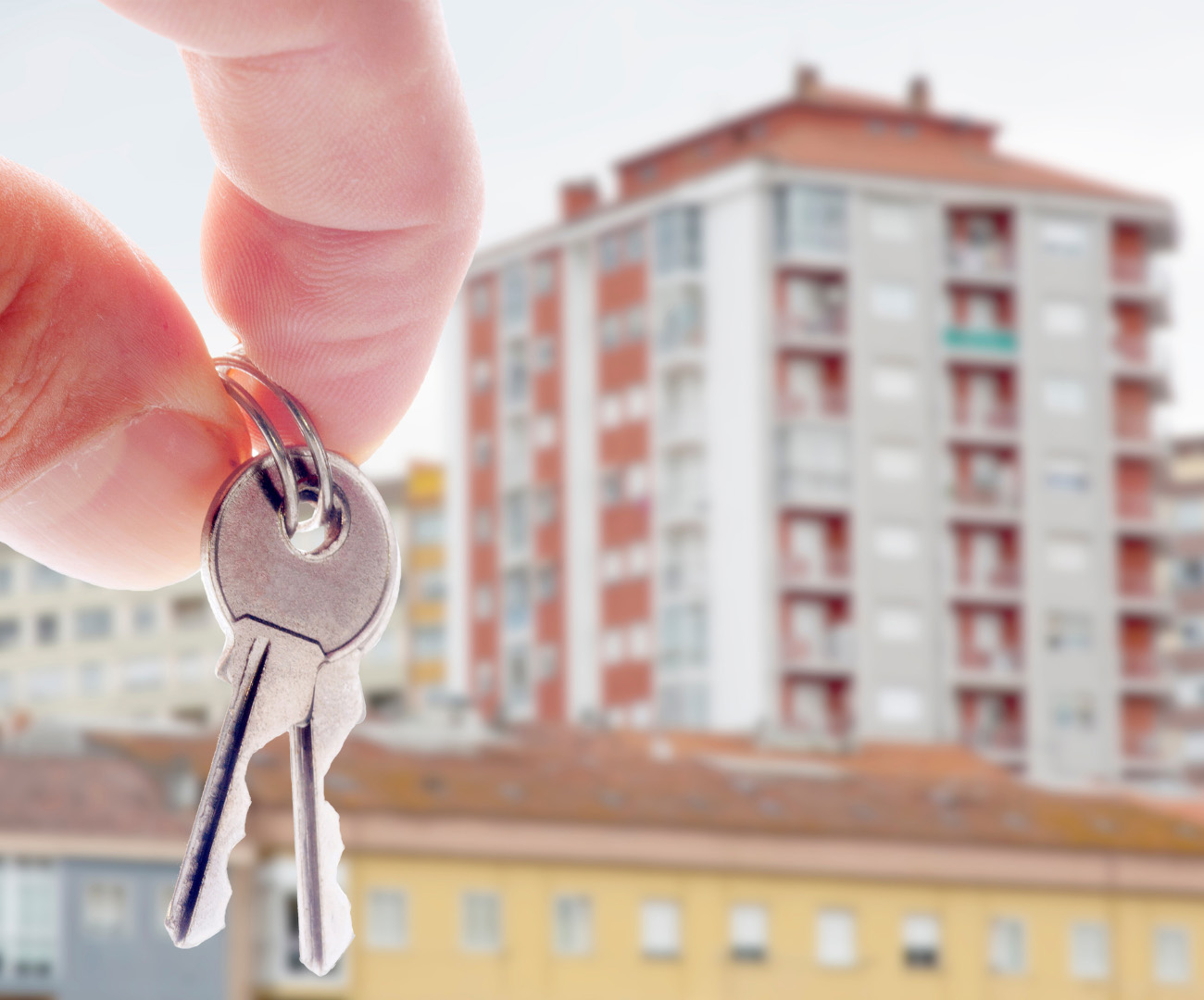
As much as you can try to plan for every worse-case scenario and factor in interest rises. There are always things that you cannot predict. Take the last several years as an example, the economy had changed in ways that we would never have expected.
Also, factor in other buying costs when it comes to calculating how profitable your investment is.
Keep in mind various additional costs such as:
- Stamp Duty charges
- Refurbishment costs
- Mortgage arrangement fees
- Decorating
- Maintenance and repairs
- Income tax
- Periods with no tenant that can affect rental income
These are all extra costs to consider that may be irregular and will not be factored into your monthly or annual expenses, but still need to be calculated when assessing how profitable an investment is.
Key Takeaways
- ROI (Return on Investment) is a performance measurement that calculates how profitable an investment is as a percentage figure.
- To calculate the ROI, you need to work out your annual income after expenditure, divide that amount by the amount of cash invested in the property and finally, multiply by 100.
- The ROI calculation works for both mortgage purchases and buying in cash, just adjust the monthly expenditure and cash investment.
- Factor in variable costs into ROI, such as repair costs in addition to regular costs.
What's Next?
If you are in the process of looking for your next investment property, why not take a look at our website for the latest properties up for sale?If you are currently a landlord, or want some information on the property management services that we offer, get in touch for more information.


